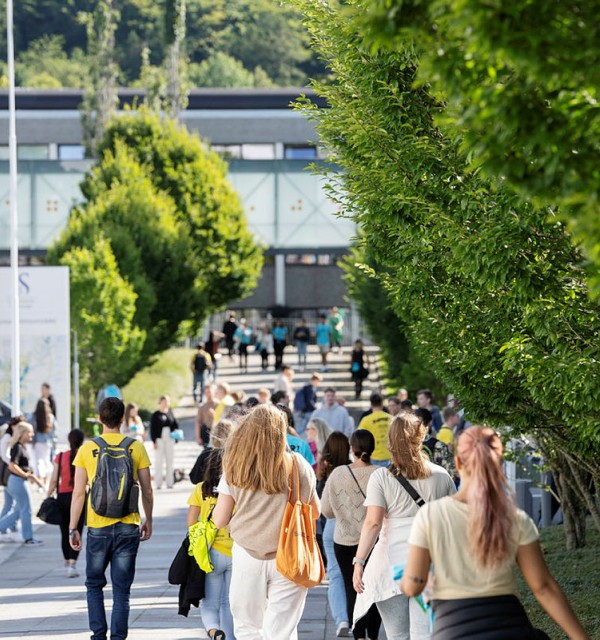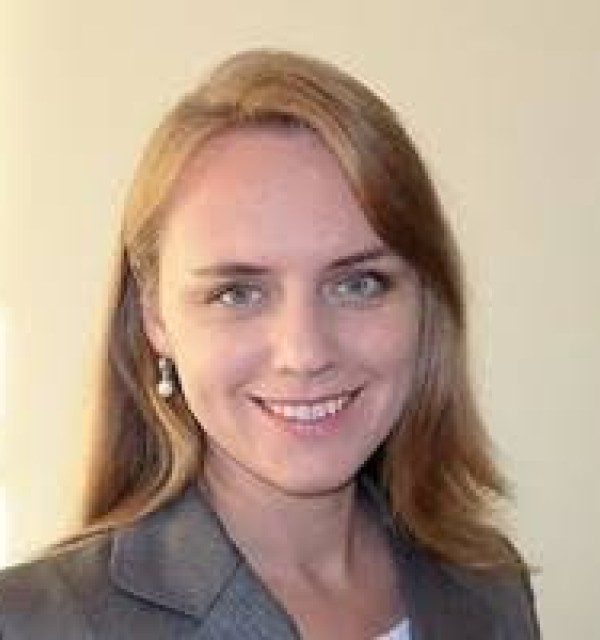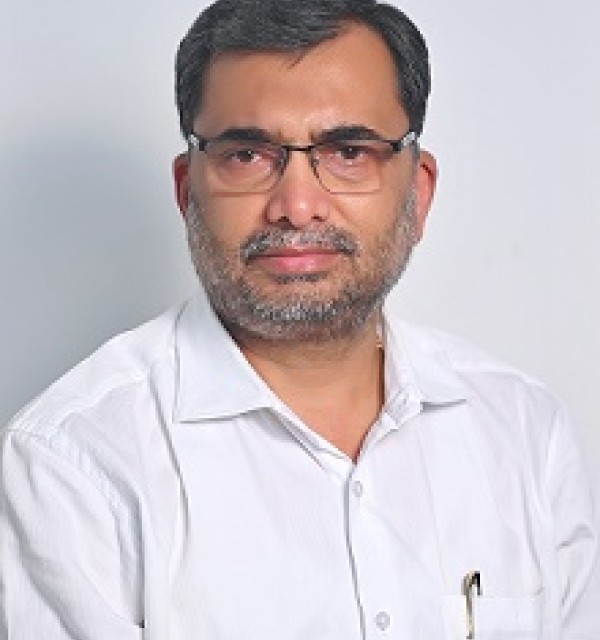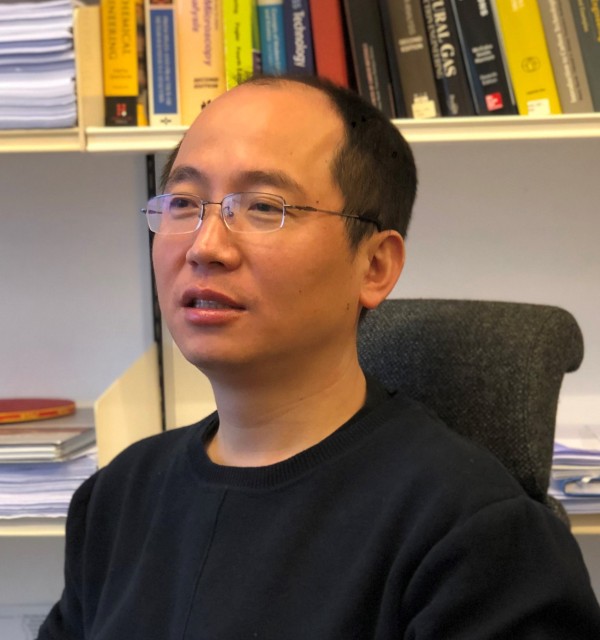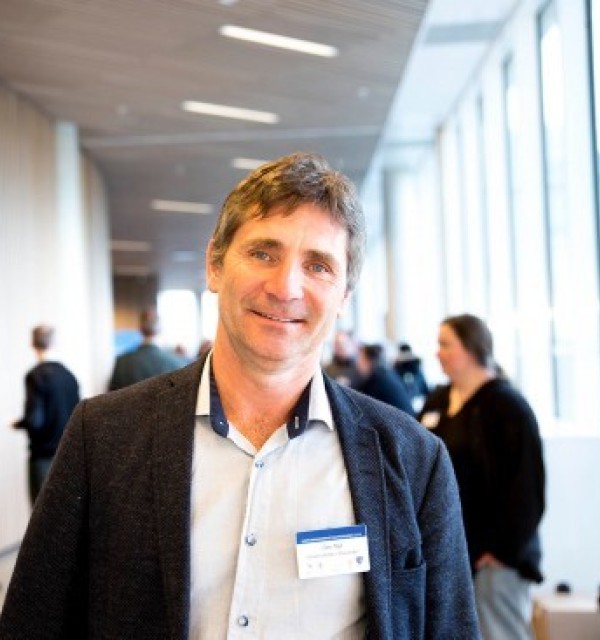The HyTack project aims at developing and providing an educational base in the field of hydrogen technology to the students in the partner universities, partner countries, and to a wider community.
2022-2026
3 million NOK
7 universities and research institutes from 3 countries (Norway, India, Japan)
DIKU, UTFORSK
HyTack is a collaborative project between two Norwegian universities (University of Stavanger, UiS, and University of South-Eastern Norway, USN), Savitribai Phule Pune university (SPPU) in India, two universities in Japan (Tohoku University, TU, Shibaura Institute of Technology, SIT) and research institutes: Institute for energy Technology (IFE, Norway), Norwegian research center (NORCE, Norway), and Indian institute of scientific education and research (IISER, India). The project aims at developing and providing an educational base (theoretical and practical) in the field of hydrogen technology to the students in the partner universities, partner countries, and to a wider community. Hydrogen is a longstanding energy solution to achieve low-carbon, secure, and affordable energy future. Many technological aspects, however, still require effective solutions. The project will provide students with a common learning environment to foster the knowledge and skills required for hydrogen technology. Thematic seminars, research schools, joint online lecture module, new course development and industrial visits will support the knowledge development. The practical skills will be built through training session at the schools, dedicated hydrogen laboratory mobility, industrial visits, and joint theses.
HyTack will introduce students to the research areas within state-of-the-art technologies. The project will as well strengthen already existing collaboration and establish new. Dissemination activities will span over scientific, public, and industrial sectors. Research schools, open international events, industry visits, hydrogen lab videos, and social media pages will provide outreach to wider audiences. The online lecture modules will continually support education, reskilling, and upskilling of the workforce beyond the project period.
Are you MSc / PhD student or a researcher at the UiS working with hydrogen and interested to participate in the international exchange within the project? Contact us for more details!
Activities and news
- Exchange of MSc and PhD students for thesis work and summer schools, 2-3 months stay, scholarships
- Summer schools on Hydrogen technology aimed at MSc students:
- Hydrogen workshop – project keek-of meeting at SPPU (India), 2023
- HySchool 1 – 1st summer school . UiS (Norway), June 17-24, 2024
- HySchool 2 – 2nd summer school, SIT (Japan), 2025
- Workshop at the UiS
- Student training
- Thematic on-line seminars
- Joint on-line study module on hydrogen technology
- Staff exchange
- Development of joint courses in hydrogen technology
Projects
PhD projects
- A. Banerjee, “Structure and dynamics in hydrogen-rich alloys for hydrogen storage”, 2021 – 2025, Partners involved: UiS - SIT/TU – IFE
- M. Khatavkar, “Proton-conducting membranes”, 2022 – 2027, Partners involved: SPPU - UiS
MSc projects
Available MSc projects for the exchange students:
- Mechanochemical synthesis and characterization of catalytic materials for H2-related systems (UiS, Department of Mathematics and Physics)
- Structure-property relations in compounds for hydrogen technology (hydrogen storage, SOFC, catalysts, etc.) (UiS, Department of Mathematics and Physics)
- Mechanochemical synthesis of metal alloys for hydrogen storage (UiS, Department of Mathematics and Physics)
- "Importance of infrastructure design on explosion development for hydrogen systems". (The thesis work will consist on the laboratory investigation on influence of obstacle spacing and shape on the flame front and reaction rate for hydrogen-air mixture in open space, USN)
The research group
Department of Mathematics and Physics
Collaborators
Department of Chemistry, Bioscience and Environmental Engineering
Department of Energy and Petroleum Engineering
Department of Safety, Economics and Planning
External collaborators:

